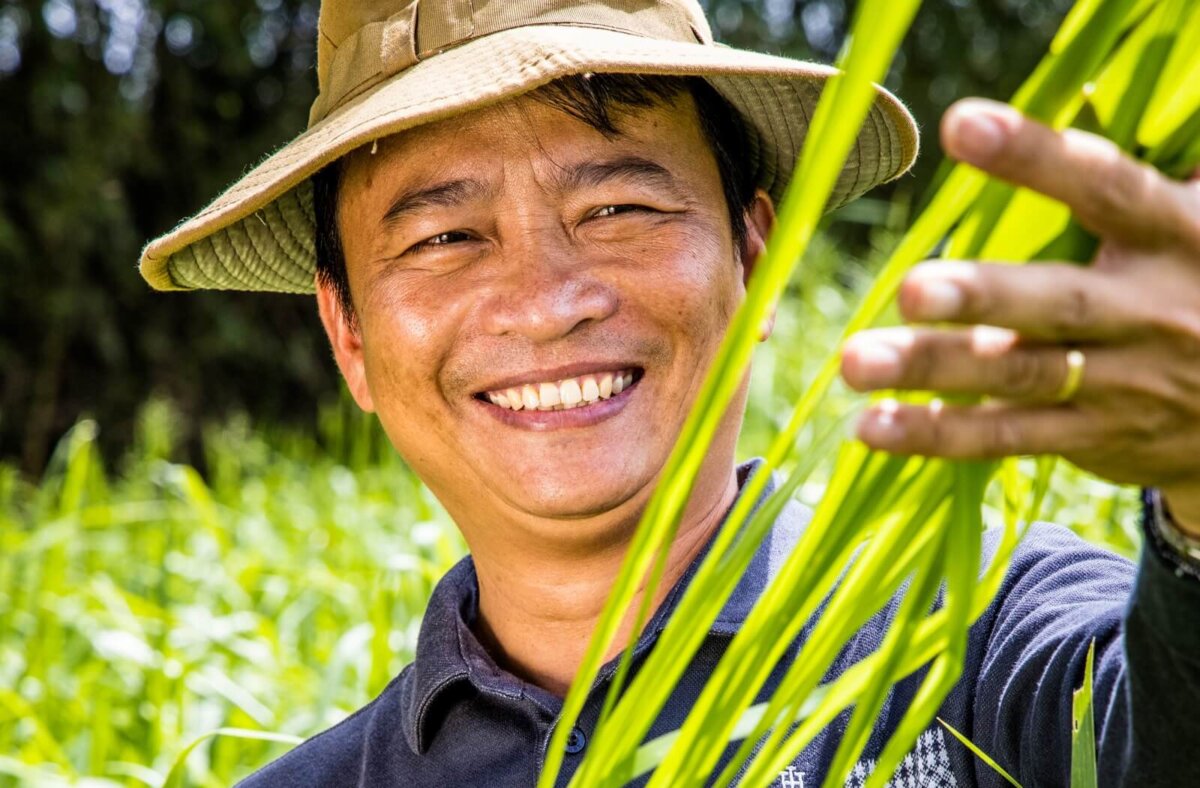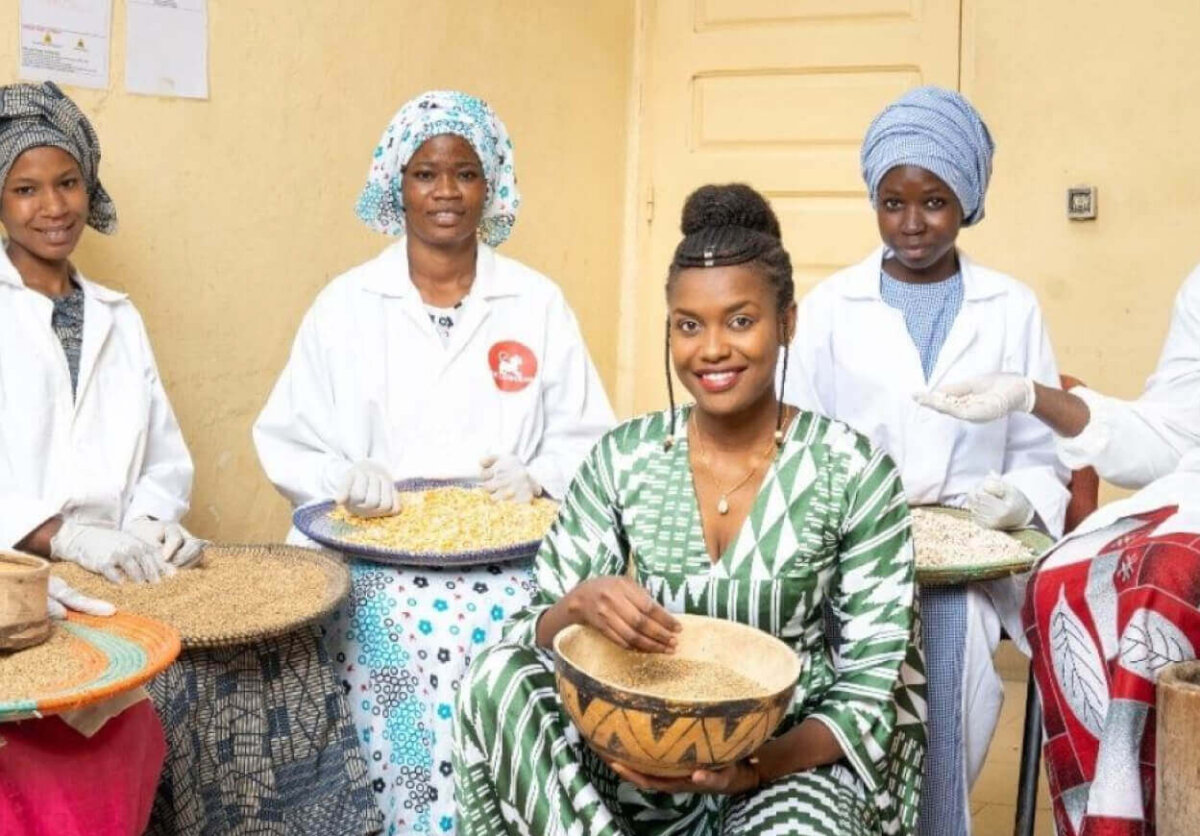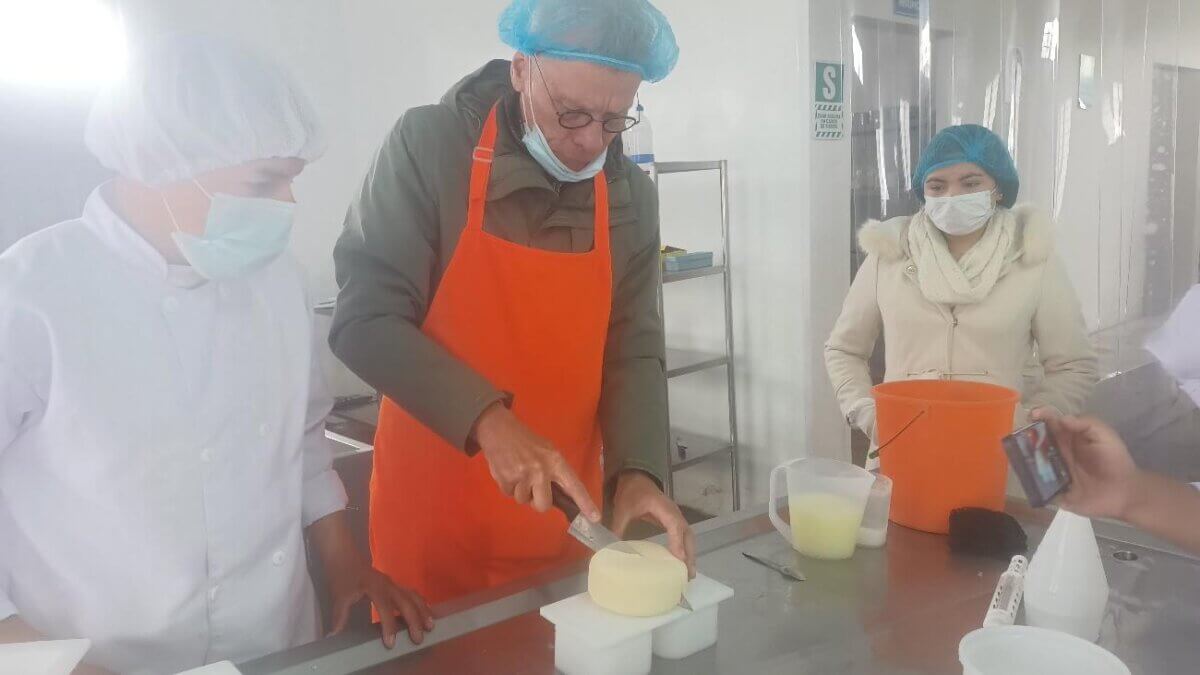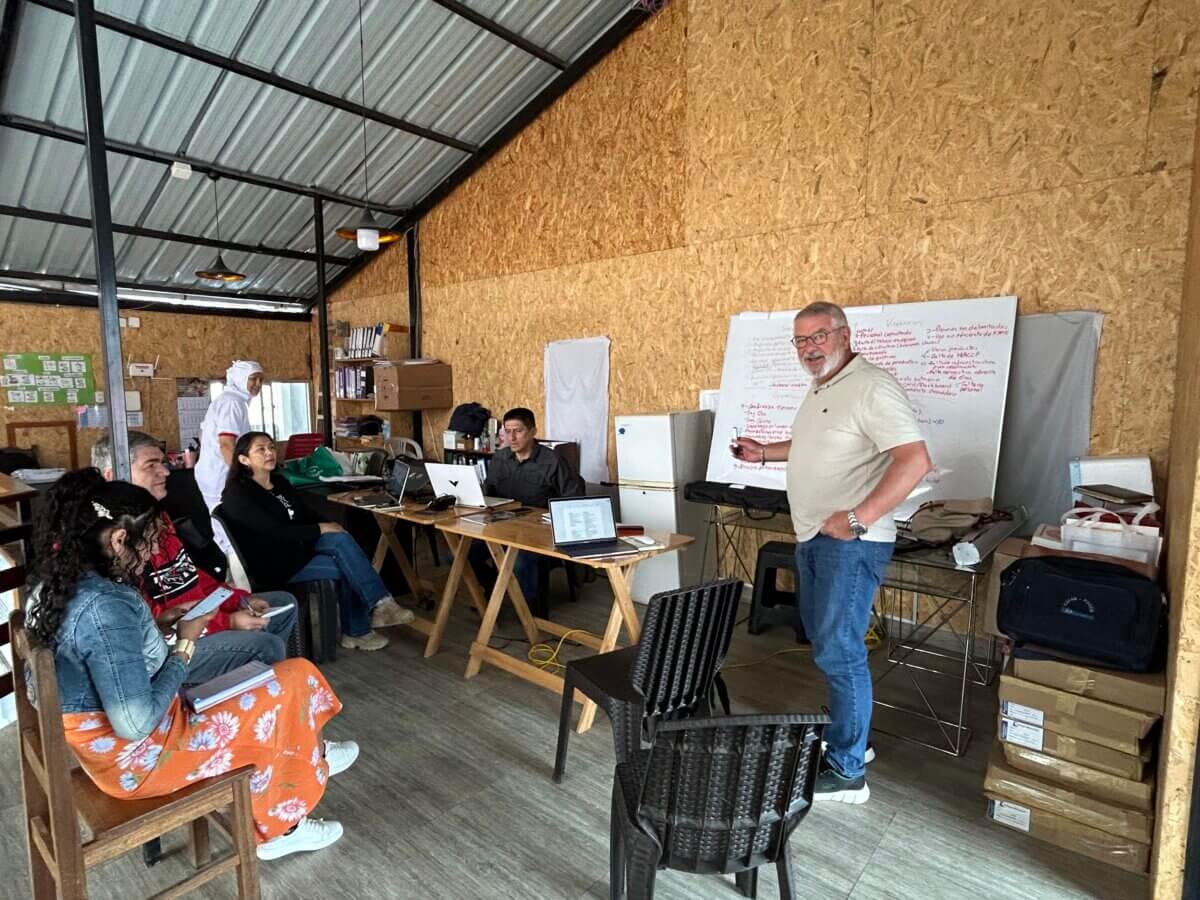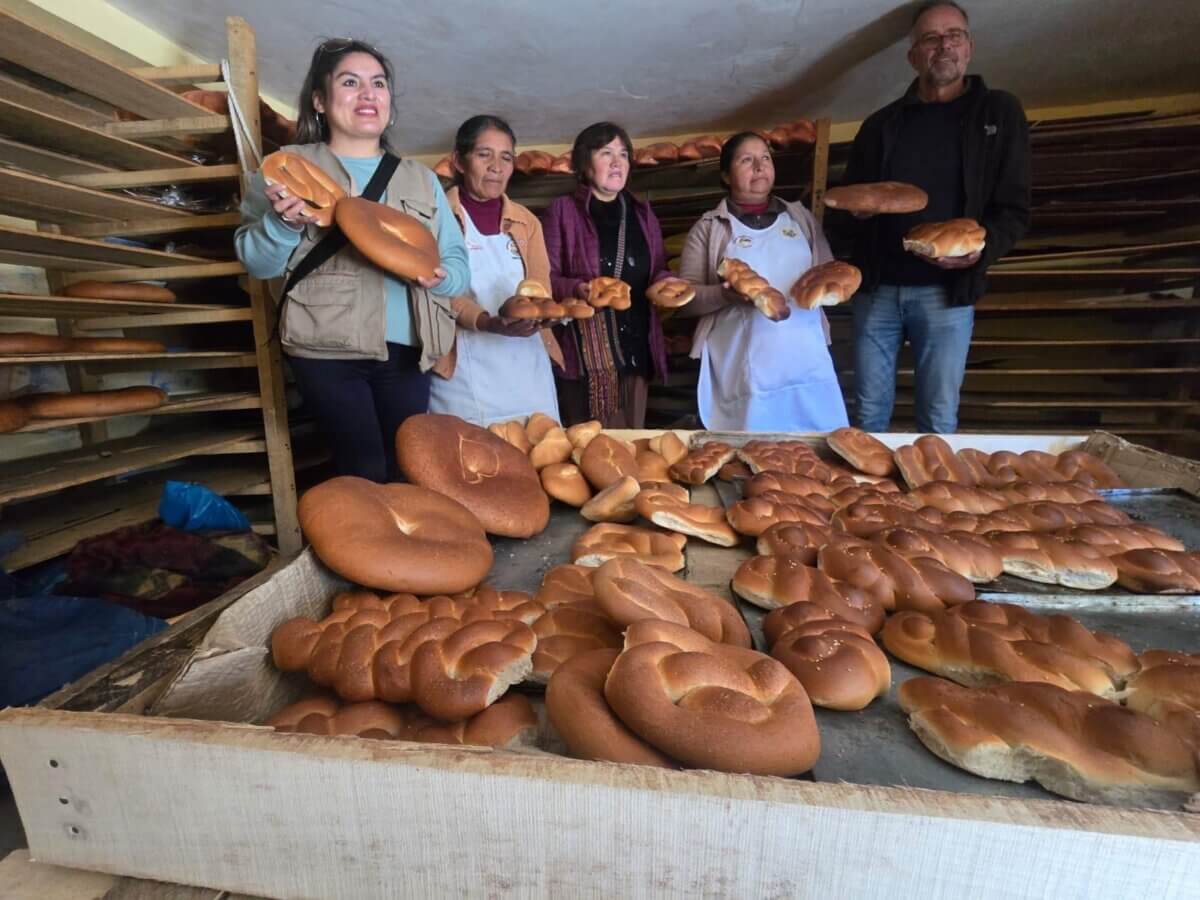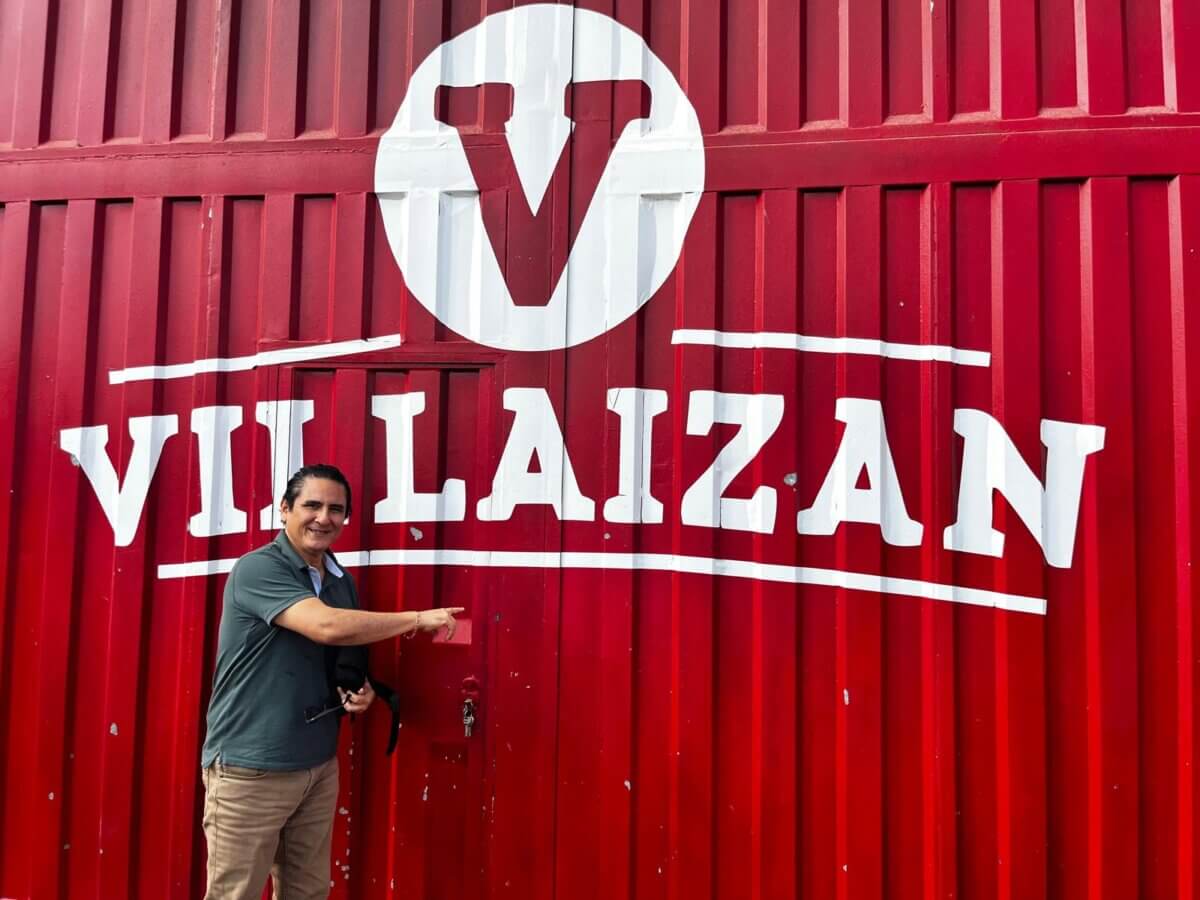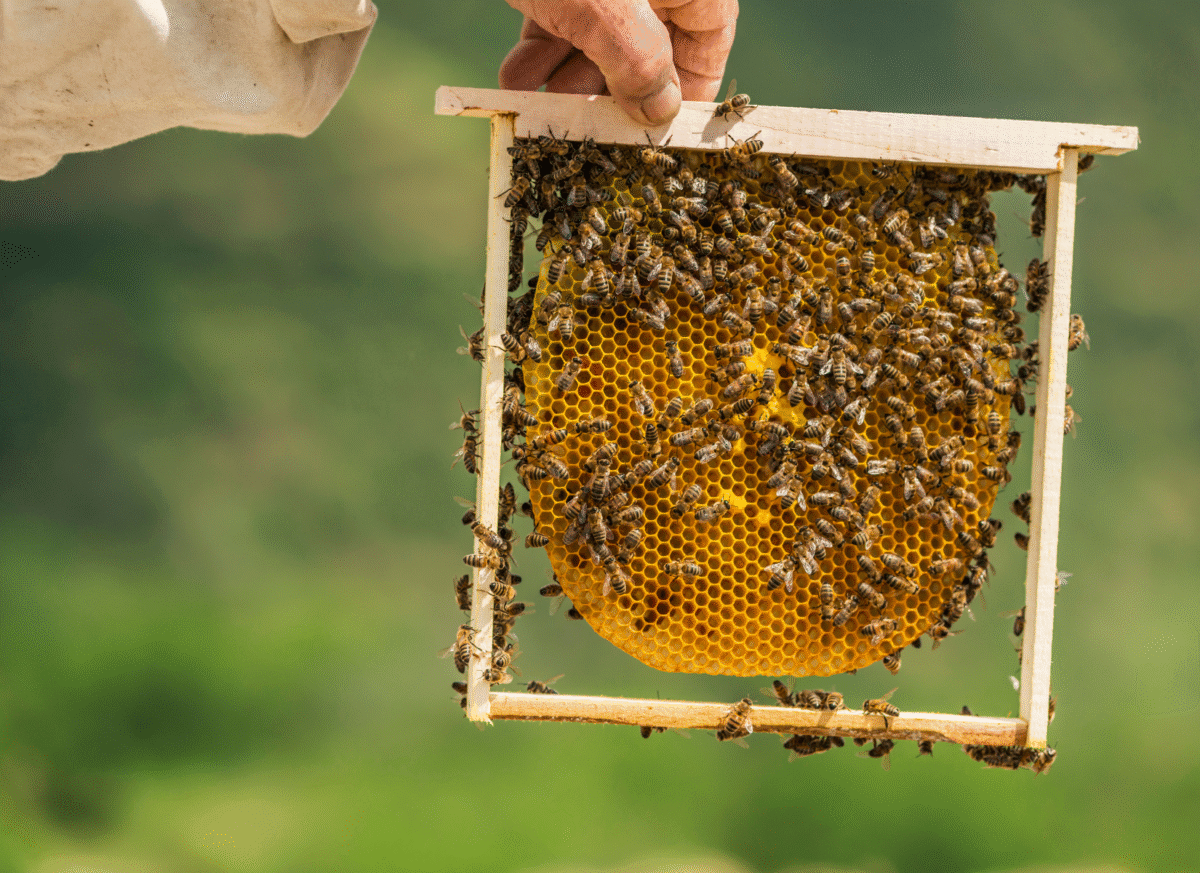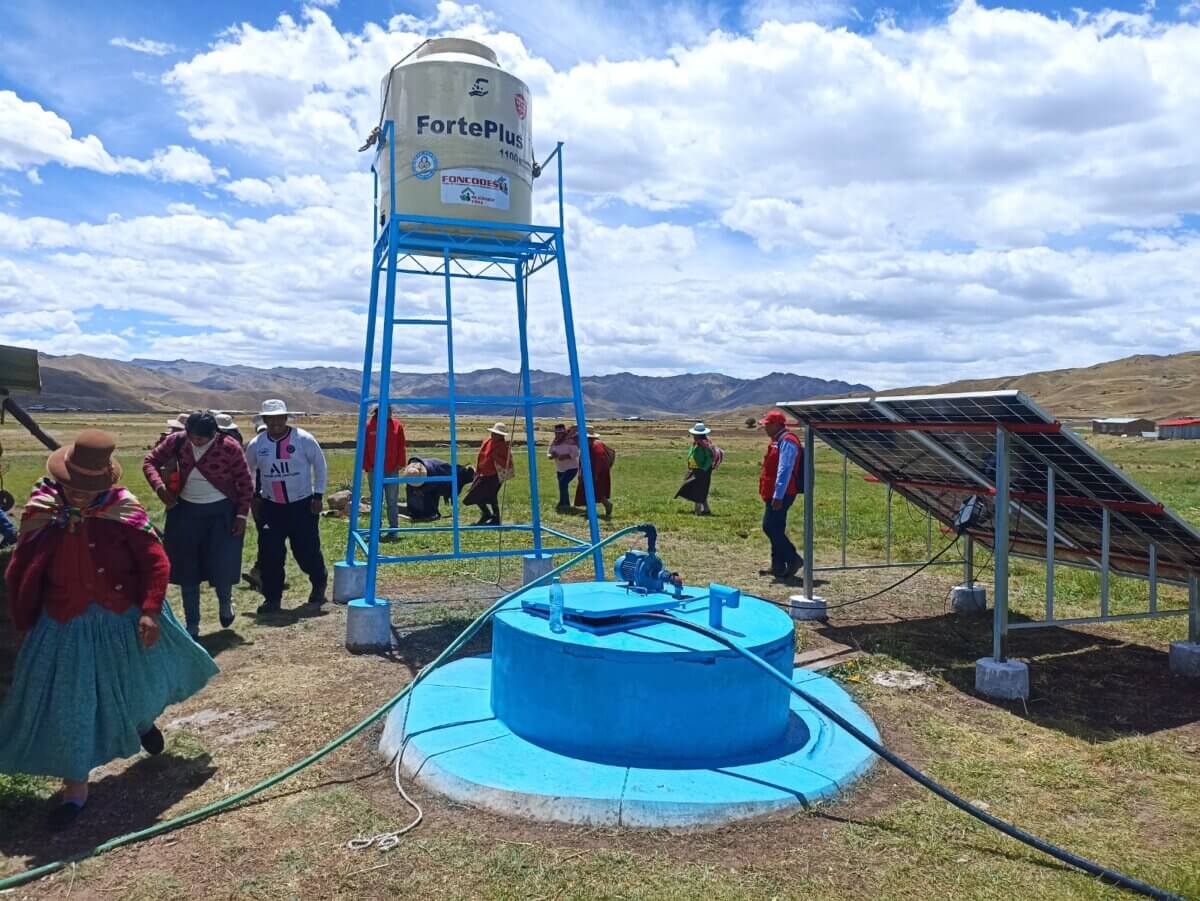
Across the Peruvian Andes, farming families are beginning to benefit from a new approach that uses photovoltaic solar energy to drive efficient water management and greater climate resilience. What began as a pilot project in the Huancavelica region has grown into a wider effort within the interventions of Foncodes, Peru’s national programme of the Ministry of Development and Social Inclusion (MIDIS). Drawing on the contribution of a PUM expert in renewable energy, solar power is now enabling rural households to secure water, improve agricultural production and build resilience in a rapidly changing climate.
The MIDIS programme Foncodes, under the leadership of Minister Lesly Nadir Shica Seguil and Executive Director Luis Esquivel Torres, incorporates and innovates technology across its rural productive projects to reduce vulnerability and improve resilience. When MIDIS–Foncodes first approached PUM in late 2023, their request was coordinated through PUM representative Flor de María Robles Barreto. The focus was the project “Haku Wiñay del Núcleo Ejecutor de Huachocolpa (Huancavelica)”, where families depend mostly on alpacas and small-scale agriculture. Water shortages, frosts and shifting weather patterns were placing this fragile way of life under strain. MIDIS–Foncodes sought technical advice on renewable energy suitable for areas located at 4,000 metres above sea level—solutions capable of powering irrigation systems, generating household energy and strengthening living conditions in communities far beyond the reach of conventional infrastructure.
PUM expert in renewable energy, Floris Luger, provided remote advice, working closely with Flor de María Robles Barreto for coordination and translation, and with Juan Victor Robles Cárdenas of Foncodes. After analysing the local situation, they explored practical options based on resources already available. Biogas derived from alpaca manure offered dual benefits, providing both household fuel and organic fertiliser. Solar energy showed strong potential for driving water-pumping systems in a region with abundant and intense sunlight, even under extreme cold conditions. Micro-hydropower was considered for future development, depending on the expansion of local water storage.
Solar energy throughout the Andes
In 2025, MIDIS–Foncodes, through the Puno Territorial Unit, incorporated this technology as part of its productive interventions, taking on this challenge with a level of commitment, professionalism and responsibility that marks a turning point for the region. Its technical team not only understood the significance of bringing solar energy to high-Andean areas; it also demonstrated leadership, dedication and a firm belief that this innovation could transform the lives of rural families.
With the close participation of local producers, the experience gained with PUM in Huachocolpa (Huancavelica) was adapted, strengthened and expanded. The use of photovoltaic modules for water pumping at productive-unit level is now being incorporated in Puno, where 324 families in the high-Andean communities of Macarí and Santa Rosa will use solar-powered systems to pump water from wells for both household use and agricultural activities. This will allow the communities to irrigate their parcels more efficiently, raise healthier livestock and reinforce household food security, positioning the Puno region as a national reference in productive innovation with clean energy. Meanwhile, within the Áncash–Huaraz Territorial Unit, pilot biodigesters have been installed, already producing natural gas and organic fertiliser at household level, promoting organic agriculture and encouraging sustainable productive cycles among rural families.
Renewable energy improves quality of
life
Foncodes has recognised this progress as a significant milestone in the country’s rural development. As Foncodes Coordinator Juan Victor Robles Cárdenas stated: “The technical exchange with PUM has turned clean energy into a practical engine of rural development. For the first time, hundreds of solar modules are powering family farming in the Andes, transforming water into productivity and resilience.”
What began as a focused technical request for one region has evolved into a replicable model for clean energy, improved water management and sustainable resource use across the high-Andean areas of Puno, Peru. Thanks to the ongoing collaboration between PUM and MIDIS–Foncodes, rural communities are gaining the tools to strengthen their livelihoods, increase their resilience and look ahead to a more sustainable and resilient future.
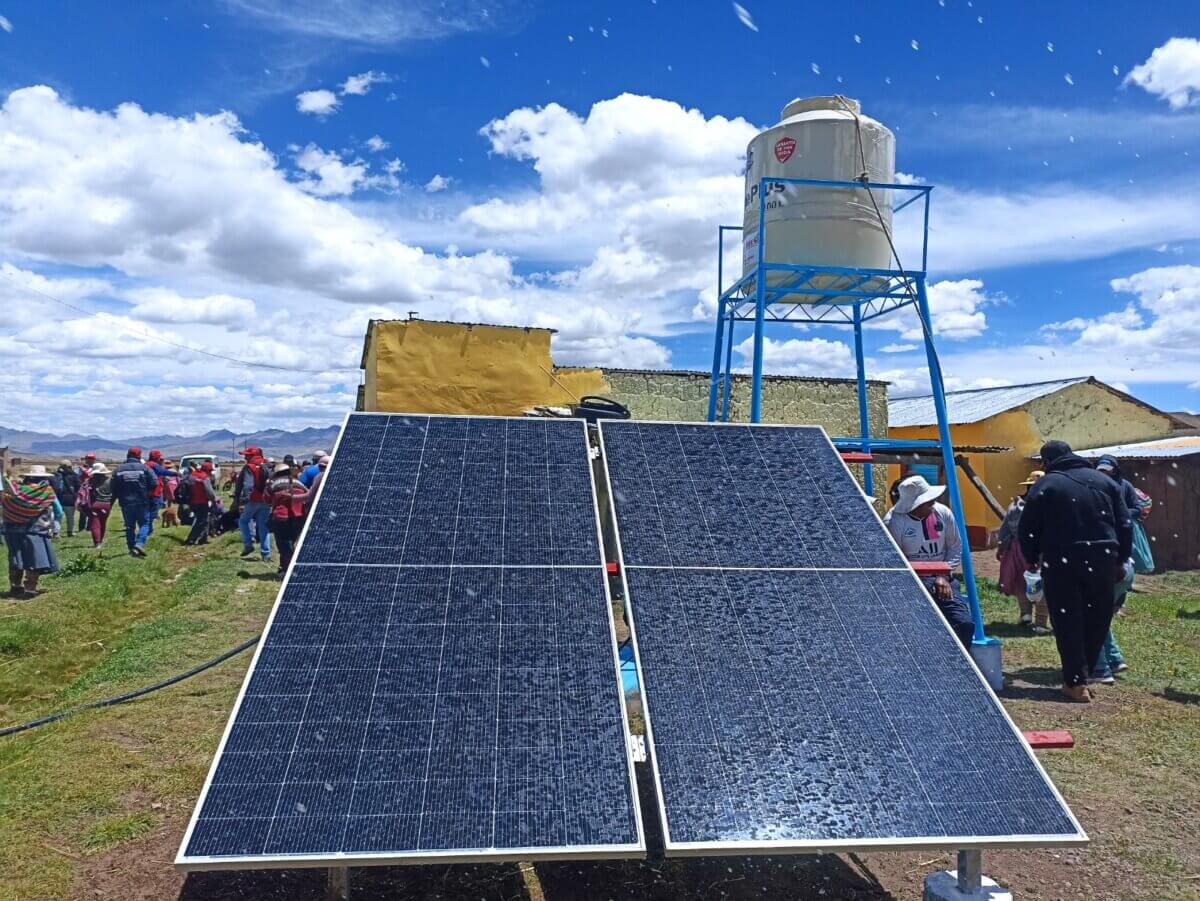
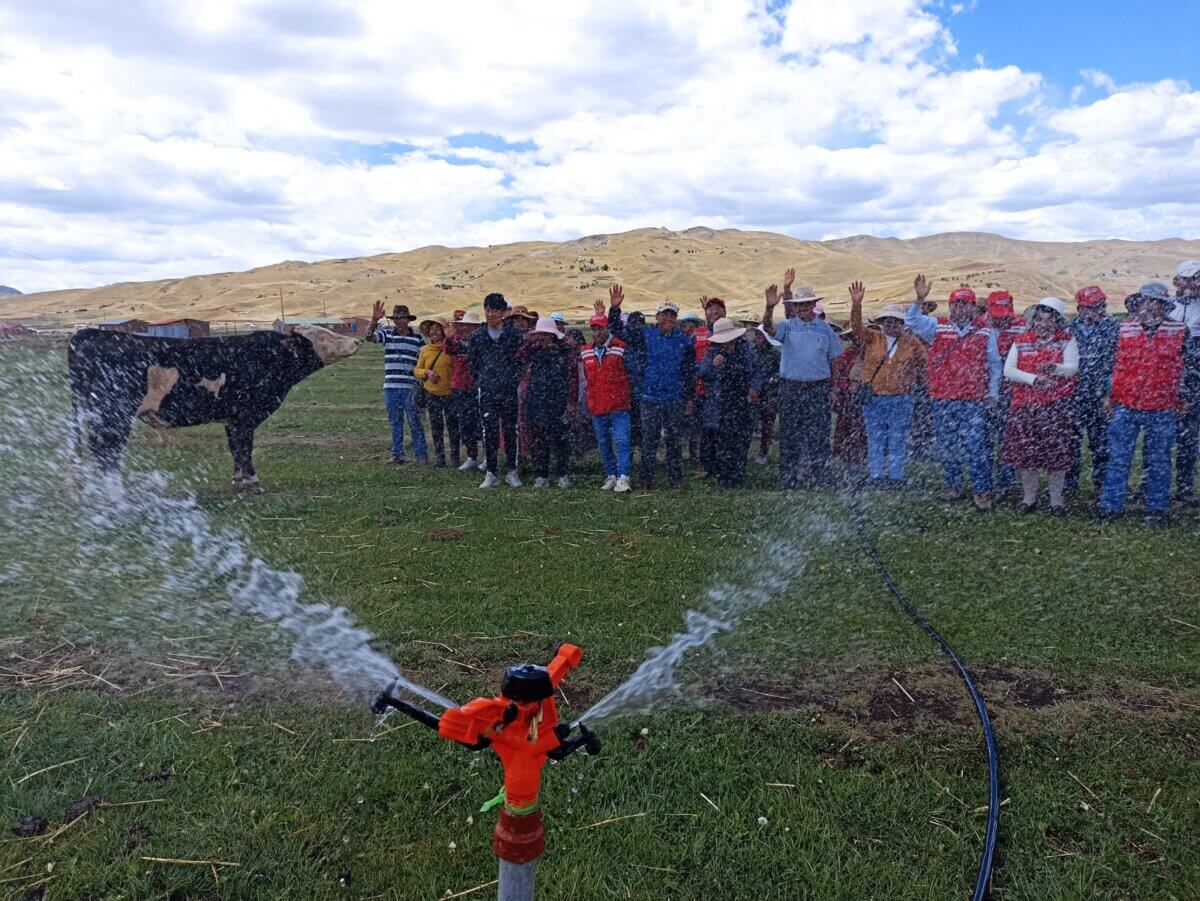

Interested in this project? Get in touch with
Flor de Maria Robles Barreto
Representative Peru

